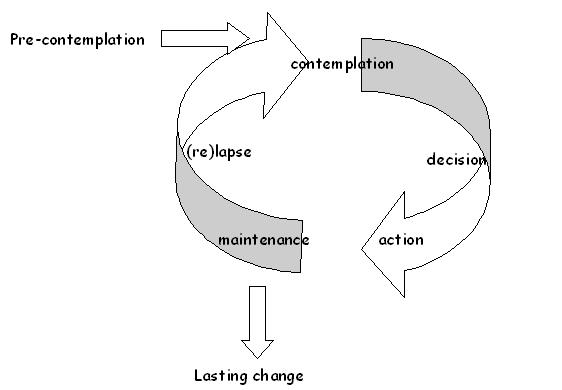Once upon a time, engaging in a political or social movement required effort. It required word of mouth, leafleting, coercion of the media, public meetings and most importantly, it required people to get off their backsides. These elements of political activity are still important, but the beginnings of a change in society are now firmly rooted in sitting-on-backside, provided you have the internet to hand.
The most wonderful thing about the Internet is the unfathomable amount of information we have access to. You can find out about anything. If we want society to change, our first step is to get informed. You may sometimes hear a nagging voice, faint, but persistent, telling you something is not right in society. Stop what you’re doing for a moment and grant that voice your full attention. Pick out keywords, “poverty”, “racism”, “banker’s bonuses”, enter those keywords into Google and scan the search results. Have a look at the articles which interest you. Note organisations that campaign to address social issues, they will have a way you can be involved from the comfort of your own home, even if it’s just to sign up for a newsletter. “Follow” the organisation on Twitter, “Like” them on Facebook. Have you got a nagging curiosity about what all the tents are about at St Paul’s Cathedral? Find Occupy through any of the mediums mentioned above and you have stepped into that world. The only difference is you’re a bit more comfortable and a bit warmer. You’re up and running.
Now, take a deep breath, we are about to make the leap, to activism. For this I turn to my own Twitter account where I find the message;
“Stop Cutting Funding To Domestic Violence Resources – e-petitions. Please sign and retweet”
Sign and retweet? I’m not exactly facing off against CS gas-wielding riot cops to do a little bit for society, nor am I spending any money or more than a few minutes of my time. You may ask, what’s the point? What difference will it make? My first response to this will always be – what’s the point in doing nothing?These types of activities can make a difference, I recently received some good news to which my few seconds here and there, contributed.
38 degrees is an online community of citizens who campaign to “defend fairness, protect rights, promote peace, preserve the planet and deepen democracy” whose achievements include preventing the proposed sell-off of UK National Forests, David Cameron agreeing to accept the recommendations of the Committee for Climate Change, the UK government signing up to the EU directive on Human Trafficking, the launch of an enquiry into Rupert Murdoch’s proposed takeover of BSkyB and many more. I don’t propose for a moment that it is 38 degrees alone that is responsible for these, however petitions with many thousands of signatures and the coordinated lobbying of MPs, would have had a significant impact. That’s where my click, sign and send came in.
There are other places where you can have an impact, Avaaz, E-petitions and Out of Trouble are good examples. Get involved, you can change the world we live in. If you do end up sending a message to your MP either via one of these organisations or through his or her web page, you will get a very nice letter in a cream envelope and a “House of Commons” symbol on it that seems to twinkle in the sunlight. The letter will respond to your lobbying in a way that will either be satisfactory, unsatisfactory or somewhere in between. Nonetheless, your voice has been heard.
Click, follow, like, retweet, post, email, sign, you are now part of the online march to a better world. I take my hat off to you. But, while you are now a fully fledged, died in the wool, political activist whilst still making dinner for your little ones, remember how you got here. You got informed. If we want our movement to gather momentum we need others to know the reasons for our actions and join us. By now, your internet-roving eye is finely tuned to focus sharply on information and actions that support your cause. Towards the bottom of each page you view there are some buttons, click them, and distribute the information to a wider audience. If one person joins us and they get another person, who gets another, who gets another and so on, we’re looking at a revolution and it’s all down to those clicks, tweets, sends and shares, that you did, whilst changing the baby’s nappy with your other hand. Believe the world can change and it will.
Well, what are you waiting for?

